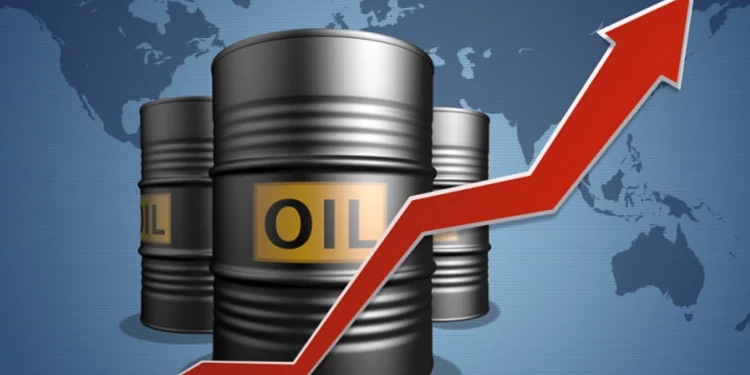As the we watch the escalating tensions between Israel and Iran, Kenya might feel distant from the Middle East battle ground, though in reality, we are far from immune. While diplomatic and security concerns dominate international headlines, one major area where this conflict threatens Kenya directly is energy and fuel prices, a sector already making Kenyans feel the pinch and is also sensitive to external shocks.
Kenya’s June 2025 fuel pricing report from the Energy and Petroleum Regulatory Authority (EPRA) shows a fragile balance. Super Petrol prices rose slightly by KES 2.7, while Diesel and Kerosene prices dropped marginally by KES 2.0 each. Behind this seeming stability lies a mix of temporary factors: global fuel prices have declined slightly, the Kenyan Shilling has held steady at KES 129.2 against the dollar, and the government has continued its Petroleum Pump Price Stabilization program spending KES 9.9 billion in 2023/24 alone to cushion consumers.
However, this calm could be short-lived as the conflict has the potential to disrupt global oil supply routes. Any escalation involving strikes on refineries, oil tankers could cause a rapid surge in crude oil prices and for a net oil importer like Kenya, this would be disastrous.
Our fuel prices are already among the highest in East Africa, and the government’s price stabilization mechanism is both expensive and limited in how long it can shield Kenyans. A sharp spike in global prices, driven by conflict in the Middle East, would force Kenya to either absorb higher subsidies or pass those costs to consumers, leading to higher pump prices, fare hikes, and increased inflation.
Fuel touches every part of the economy. From matatus to manufacturing, agriculture to electricity generation, any increase in petroleum prices will affect the cost of living and doing business disrupting economic stability.
Moreover, the currency stability Kenya currently enjoys thanks to improved forex reserves could be tested. Rising oil import bills will put pressure on the shilling, making imports costlier and potentially reversing recent gains in inflation control.
Kenya must therefore take this conflict seriously, by proactively diversify fuel sourcing, enhance strategic petroleum reserves, and invest in alternative energy to reduce reliance on volatile global markets. Additionally, regional trade and transport systems should be prepared for ripple effects if global shipping is disrupted.














